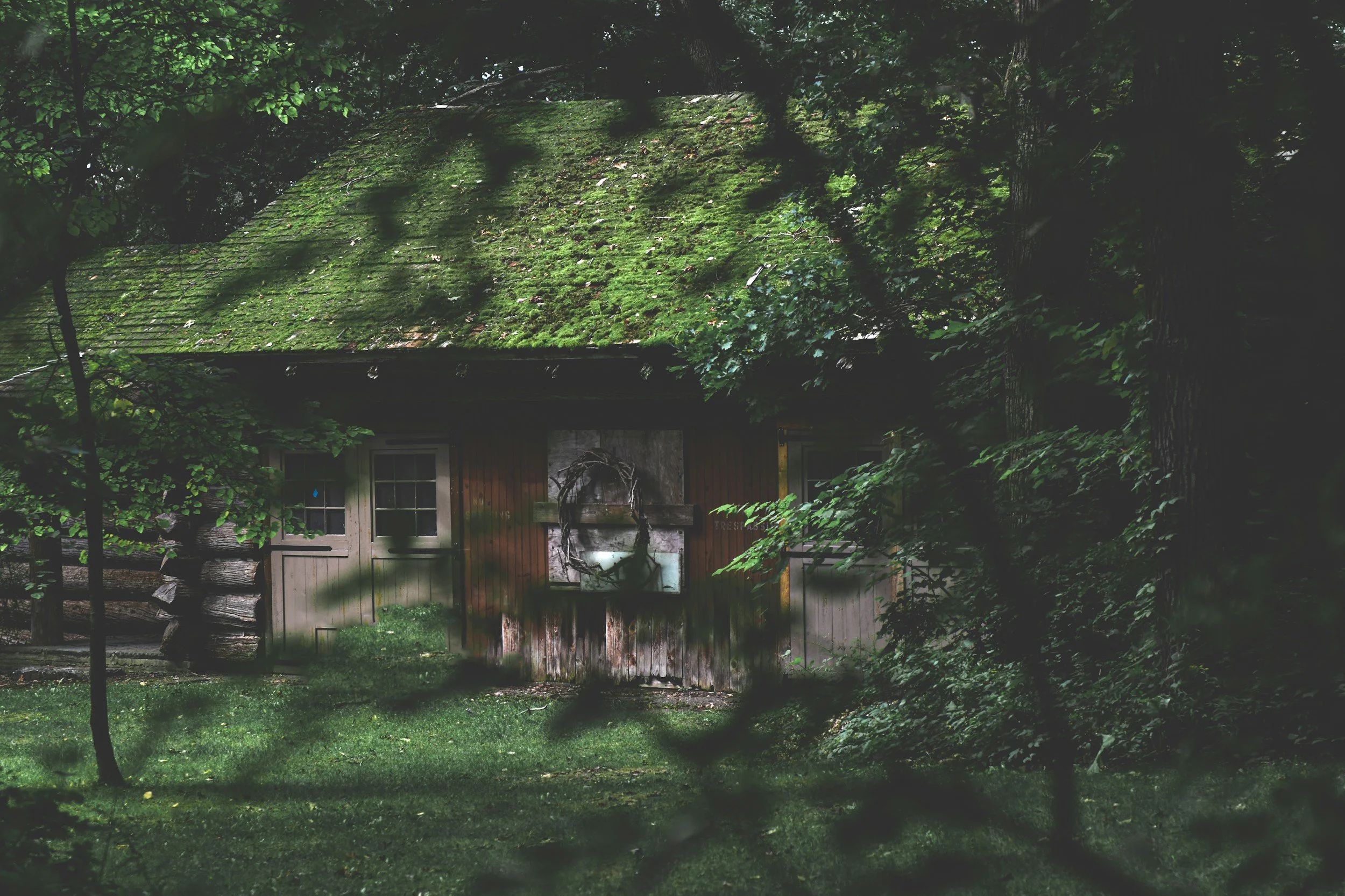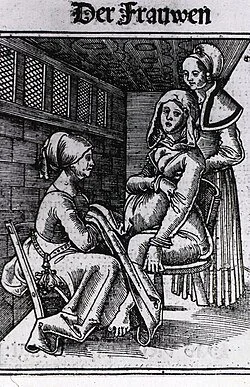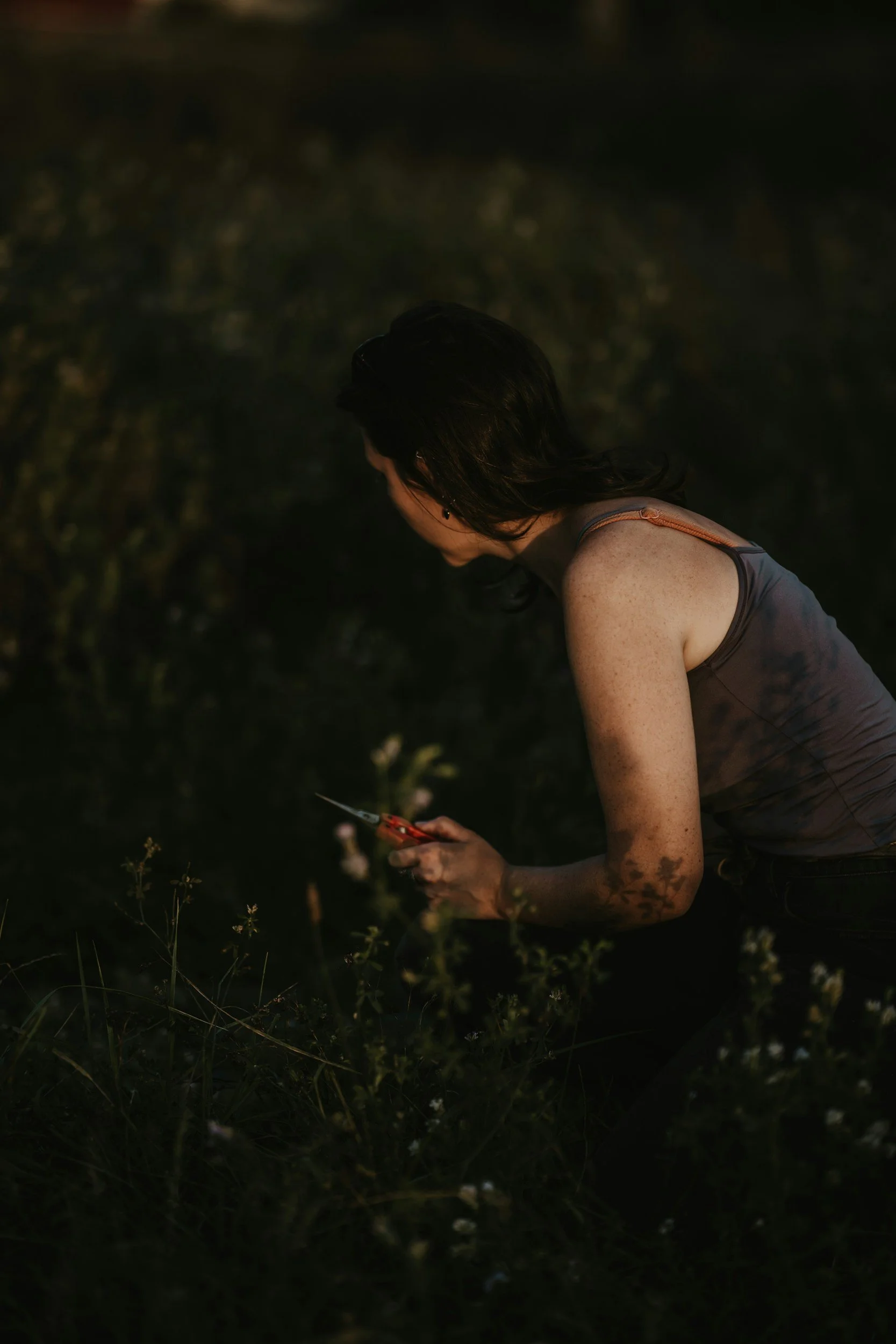When Women’s Healing Is Heresy: From the Witch Hunts to Tylenol Myths
For as long as women have bled, birthed, and healed, there have been those who sought to control that power. The story of women’s healing is not simply about herbs and remedies — it’s about autonomy. About the radical idea that a woman could understand her own body better than the institutions designed to rule over it.
From the midwives of medieval Europe to the modern herbalist brewing teas in her kitchen, this thread of embodied wisdom runs deep. And the attempts to silence it have always followed a familiar rhythm: first fear, then discrediting, then control.
The Original Healers
In the Middle Ages and early modern Europe, most healers were women. They were midwives, wise women, herbalists — caretakers of their villages and keepers of ancestral medicine. Their craft wasn’t mystical to them; it was practical. They knew which roots soothed labor pains, which leaves slowed bleeding, which seeds could prevent conception.
That knowledge gave them something most women were never meant to have: independence.
They didn’t need the Church’s blessing or a physician’s decree. They needed only their gardens and their intuition. But in a society built on patriarchal authority, that self-sufficiency was dangerous.
Pain as Punishment
When women began using herbs to ease childbirth, Church leaders balked. Pain, they argued, was divine punishment — a debt owed by Eve for her sin in the Garden. To relieve that pain was to defy God Himself.
This doctrine embedded itself deeply into Western thought: that women’s suffering was both natural and necessary. It justified denying them comfort, autonomy, and control — and it echoed through the centuries, shaping the very foundations of Western medicine. For much of the 20th century, women — especially those of childbearing years — were excluded from many clinical trials. It wasn’t until 1993 that U.S. law required NIH-funded research to include women and analyze data by sex. Until then, even the science meant to heal us was built largely on male bodies, leaving women’s physiology — and our pain — as an afterthought.
The witch hunts that swept across Europe weren’t just about superstition — they were about the suppression of women’s power and the erasure of their knowledge. A woman who could ease pain, terminate a pregnancy, or heal outside the Church’s control became a threat to the entire patriarchal order.
The Evolution of Control
Fast forward a few centuries, we see the language has changed, but the attempts at control remain.
When President Trump suggested that Tylenol during pregnancy could cause autism — a claim unsupported by science — it triggered something ancient in many of us. Because beneath the surface of that statement lies an old, familiar idea:
“Women can’t be trusted with their own bodies.”
Once again, fear replaces fact. Women are told to question their instincts, their pain, their ability to decide what is safe. And if they suffer? That’s framed as noble — as the “natural” cost of motherhood.
It’s the same logic that once burned innocent healers: the belief that a woman’s pain is proof of her virtue, and that relief from that pain is a dangerous form of rebellion.
Healing as an Act of Defiance
Every woman who learns to manage her own health, every herbalist who teaches others how to soothe pain, balance hormones, or restore vitality through natural means — they are all participating in a quiet act of resistance.
Herbalism, for many of us, isn’t just about plant medicine. It’s about reclaiming what was stolen: the right to know, to choose, to heal.
In a world where women’s bodies are still legislated, doubted, and moralized, the act of saying, “I trust myself,” is radical. To pick up mugwort, raspberry leaf, or blue cohosh — herbs that once had the potential to put women on trial — is to remember that healing was never the crime. Power was.
The Legacy
Today’s herbalists, doulas, and wise women stand on the shoulders of those who came before — the women whose gardens were their apothecaries, whose care was their rebellion.
They remind us that the witch hunts never truly ended; they only changed form.
Now, the flames are metaphorical — fearmongering headlines, medical gatekeeping, misinformation campaigns that undermine women’s trust in their own wisdom.
And yet, just as before, the remedy is the same: knowledge, community, and reclamation.
When we brew our teas, craft our elixirs, and teach others how to listen to their bodies, we’re doing what “witches” have always done: turning suffering into sovereignty.
Closing Thought
The next time someone warns you away from a plant, a practice, or a pain remedy — not out of care, but out of control — remember: this isn’t new. It’s the same ancient story of power and fear.
And every time a woman chooses healing, comfort, and knowledge for herself, she writes a new ending.
Never stop learning, never stop healing. And as always, my friend, remember to take care of you.
Melody




